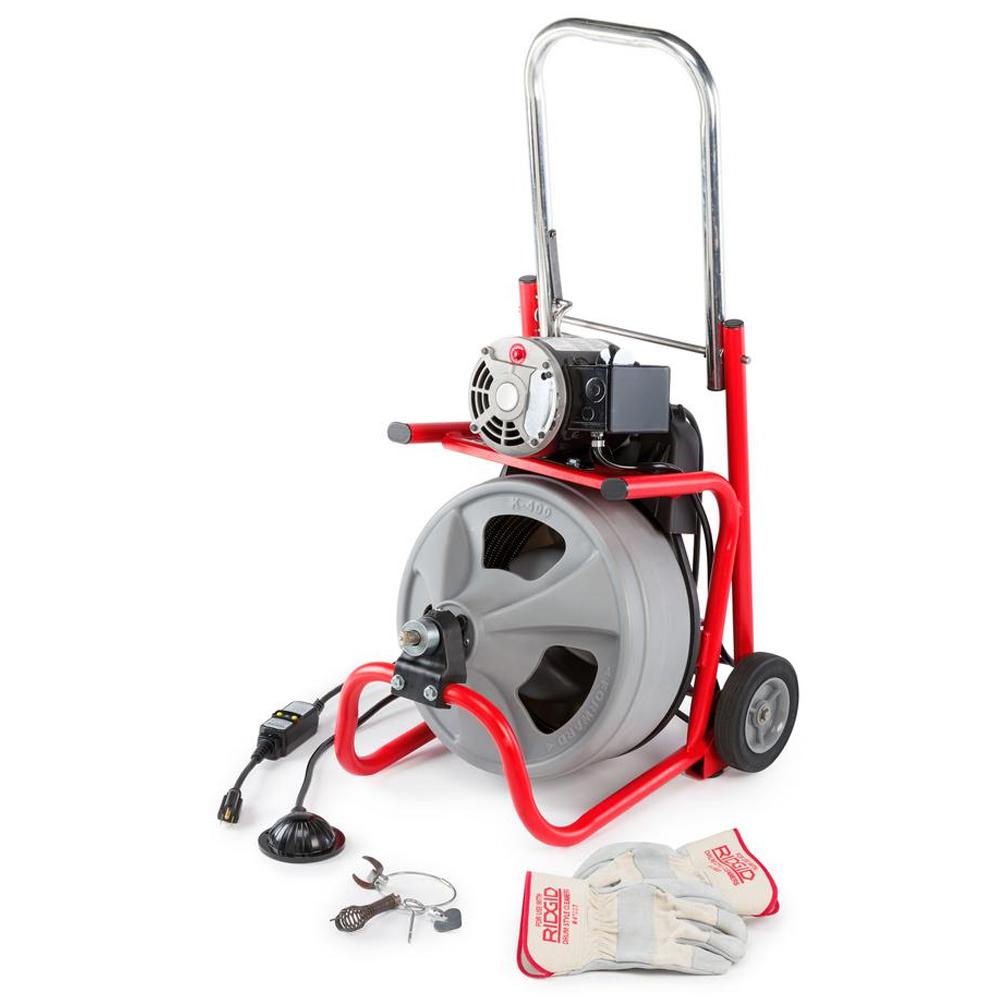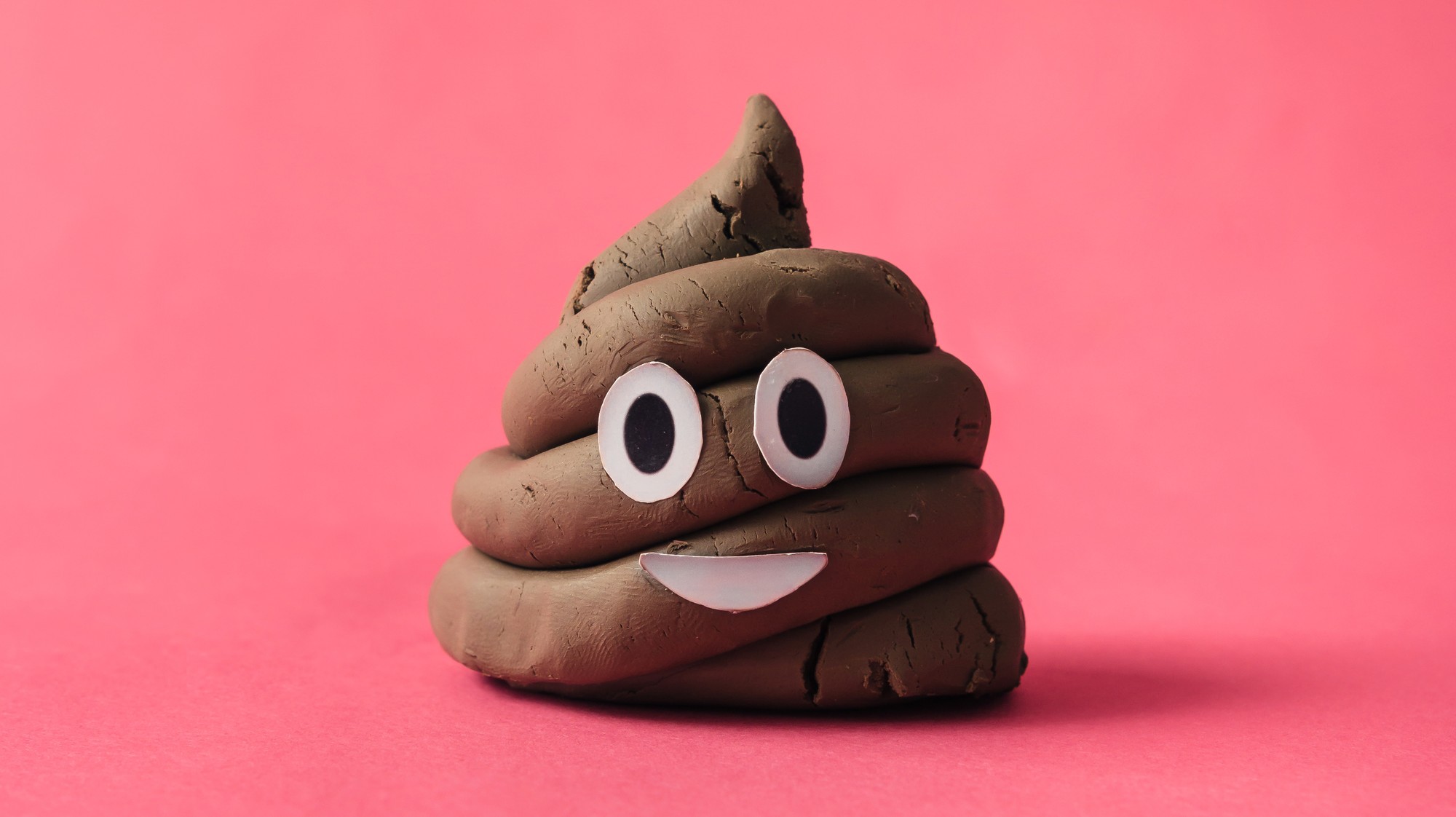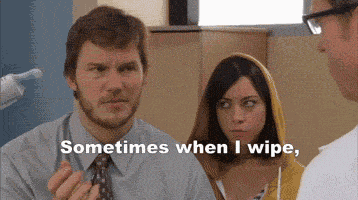GIVE UP WET WIPES
For starters, Asbury recommends that people stop using the pre-moistened cloths, which are heavily marketed to promote a sparkling cavity. Use of the wipes has been
associated with allergic reactions to methylisothiazolinone, a preservative used to inhibit bacterial growth while products are on store shelves. “Even the all-natural ones can cause problems,” he says, since any kind of chemical present in the wipes isn’t usually rinsed off right away.
Does that mean you should reach for dry toilet paper instead? Not quite. “It’s healthier, certainly, to clean your body with water," Asbury says. "Nobody takes a dry piece of paper, rubs it over their skin, and thinks they’re clean.” Even the Greco-Romans (332 BCE–395 CE) knew this, as one historical account from the philosopher
Seneca revealed that they used a damp sponge affixed to a stick as a post-toiletry practice. Of course, some ancient cultures also wiped with pebbles and clam shells, among other poor ideas, so perhaps we should stick with contemporary advice.
INVEST IN A BIDET
Asbury is an advocate of the standalone or add-on toilet accessory that squirts a spray of water between your cheeks to flush out residual fecal matter. While bidets are
common in Europe and Japan, the West has been slower to adopt this superior method of post-poop clean-up; others might be wary of tapping into existing home plumbing to supply fresh water, even though DIY installation is
quite easy. For those patients, Asbury has developed an alternative method.













 A thread about flushable wipes turned into ninjas arguing about how to wipe your ass. This board man.
A thread about flushable wipes turned into ninjas arguing about how to wipe your ass. This board man.